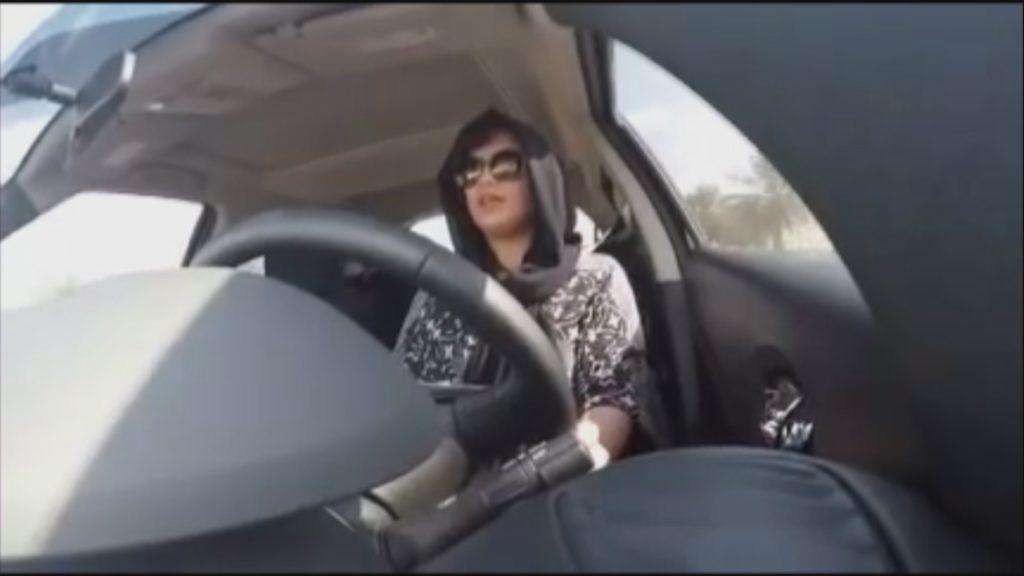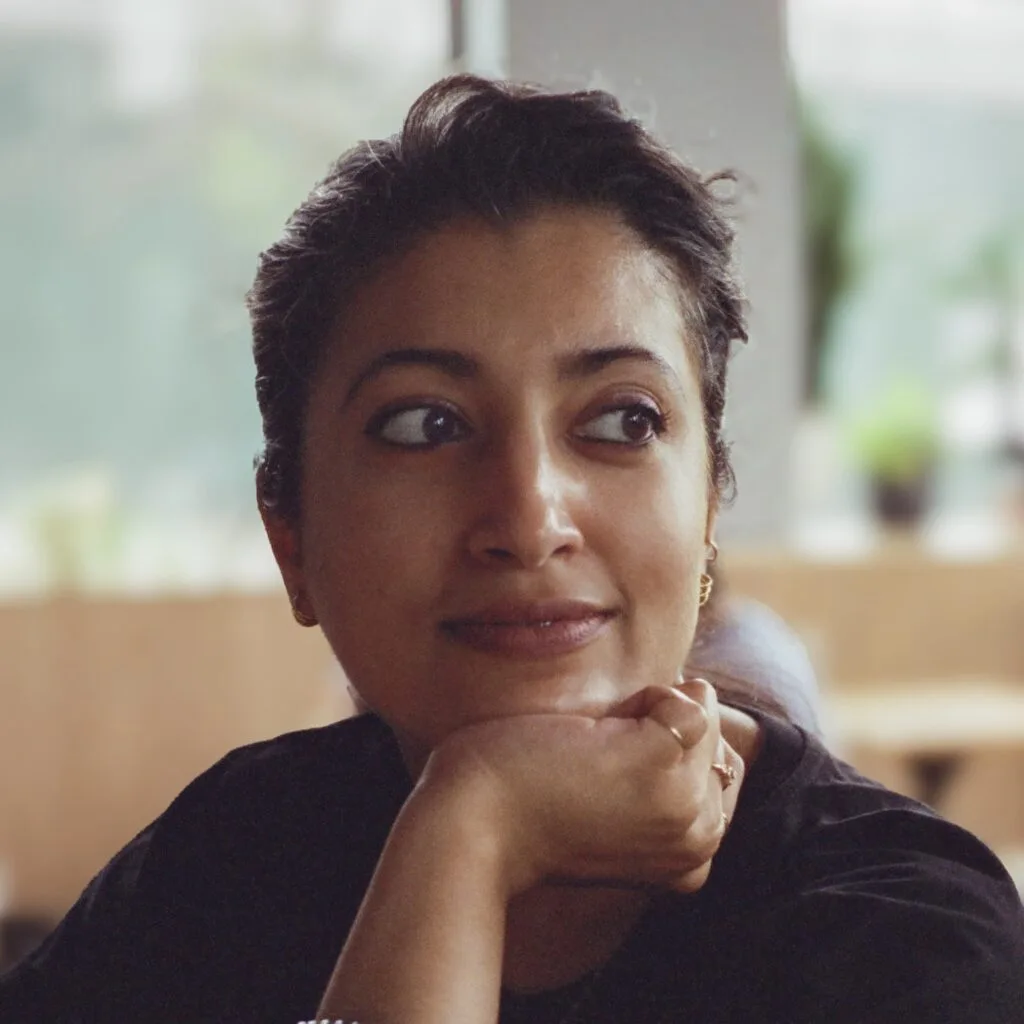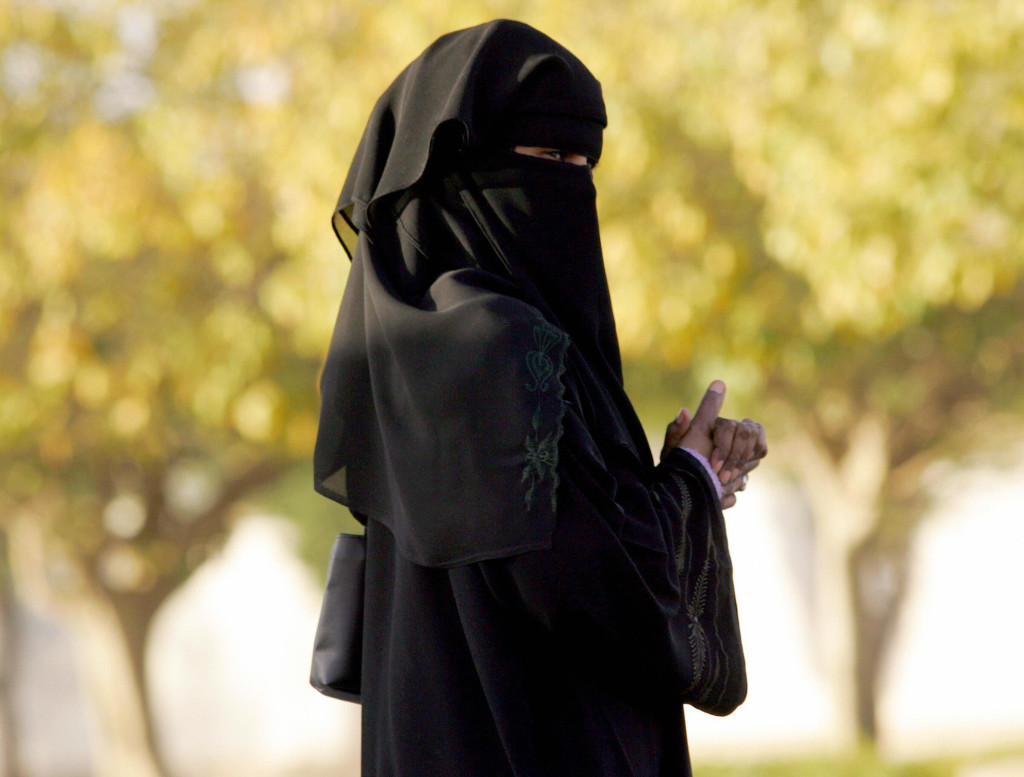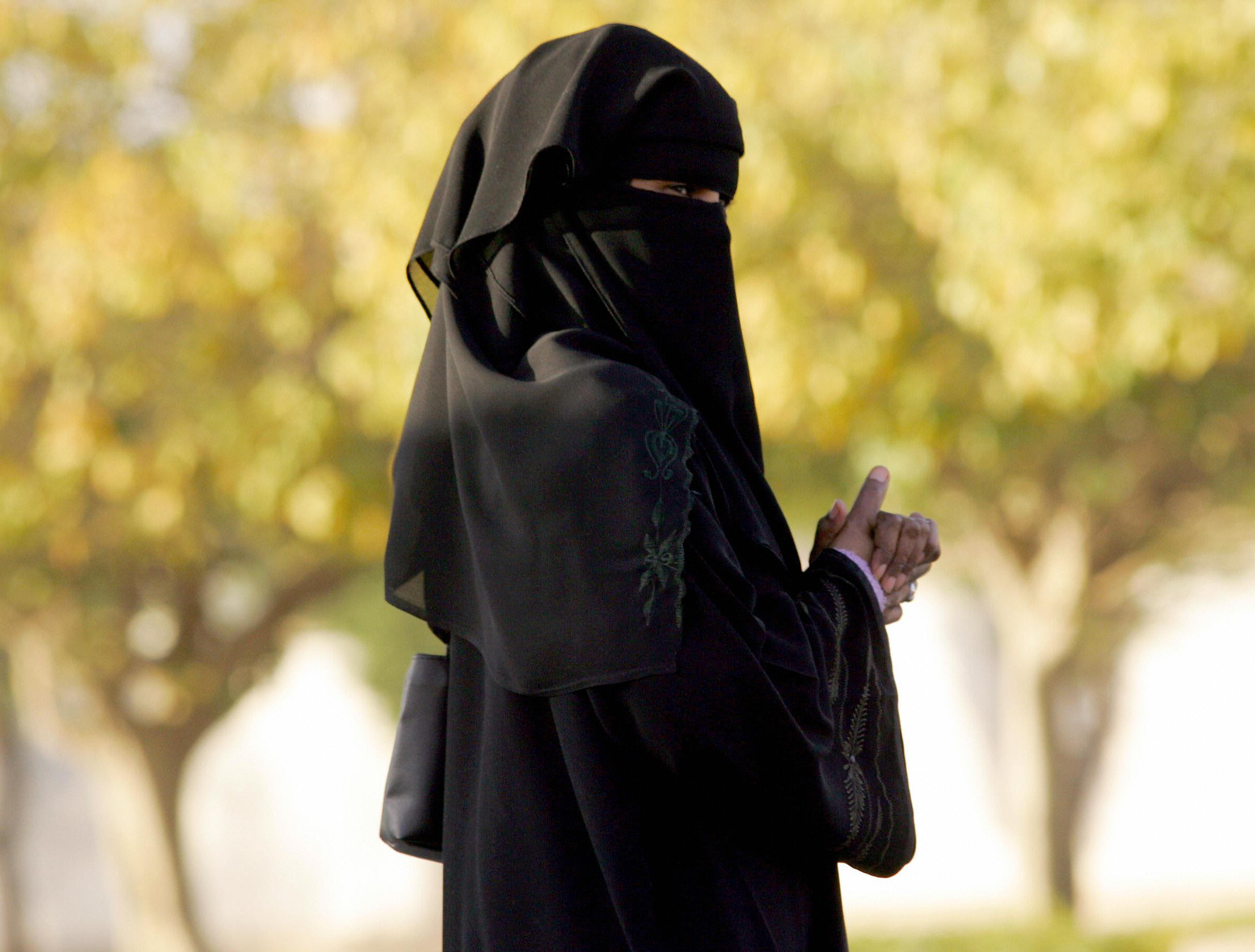Saudi Arabia Lifts Ban On Women Driving. Meet An Activist Once Jailed for Breaking It.

September 26, 2017
Share
Saudi Arabia announced on Tuesday that it will allow women to drive, reversing a widely criticized ban that women’s rights activists had long opposed and fought to overturn.
The change, which was announced as a royal decree from King Salman bin Abdulaziz Al Saud, is set to take effect in June 2018 after a government committee studies how to implement the policy.
Saudi Arabia is a monarchy ruled according to an ultraconservative form of Sunni Islam known as Wahhabism. Under laws that are strictly enforced by the nation’s religious police, women must adhere to a conservative dress code and face restrictions on the types of activities they can do without permission from a male guardian. For example, women are often prevented from traveling or even going to a doctor without a male by their side. The driving ban had become a symbol of the curtailing of women’s rights in Saudi Arabia and a rallying cry for human rights activists around the world.
Among the many women who challenged the ban is Loujain Hathloul, who in 2014 filmed herself attempting to drive into Saudi Arabia from neighboring United Arab Emirates. She was arrested at the border moments after the footage was filmed.
Hathloul’s case was referred to a terrorism court, and she was imprisoned for 73 days before being released without trial. She was banned from traveling outside the country, and said she was forced to sign a pledge saying she would no longer publicly campaign.
“I’ve been threatened since the beginning,” she said in the above scene from the 2016 FRONTLINE documentary Saudi Arabia Uncovered. “My car was broken. I almost got beaten up. Just because of the campaign, people wrote me letters on Facebook and send me all sorts of weapon pictures, saying that if I continue, I would be murdered or my family harmed.”
“I try to represent their rights,” Hathloul said about women in Saudi Arabia. “Some of them don’t believe that it’s their own rights. They refuse it and reject it. But I believe that they’re imprisoned in their old ways and their old mindset or they just fear freedom.”
In response to Tuesday’s announcement, Hathloul tweeted in Arabic, “Thank God.”

Related Documentaries
Latest Documentaries
Related Stories
Related Stories
Explore
Policies
Teacher Center
Funding for FRONTLINE is provided through the support of PBS viewers and by the Corporation for Public Broadcasting, with major support from Ford Foundation. Additional funding is provided the Abrams Foundation, Park Foundation, John D. and Catherine T. MacArthur Foundation, Heising-Simons Foundation, and the FRONTLINE Trust, with major support from Jon and Jo Ann Hagler on behalf of the Jon L. Hagler Foundation, and additional support from Koo and Patricia Yuen. FRONTLINE is a registered trademark of WGBH Educational Foundation. Web Site Copyright ©1995-2025 WGBH Educational Foundation. PBS is a 501(c)(3) not-for-profit organization.





















